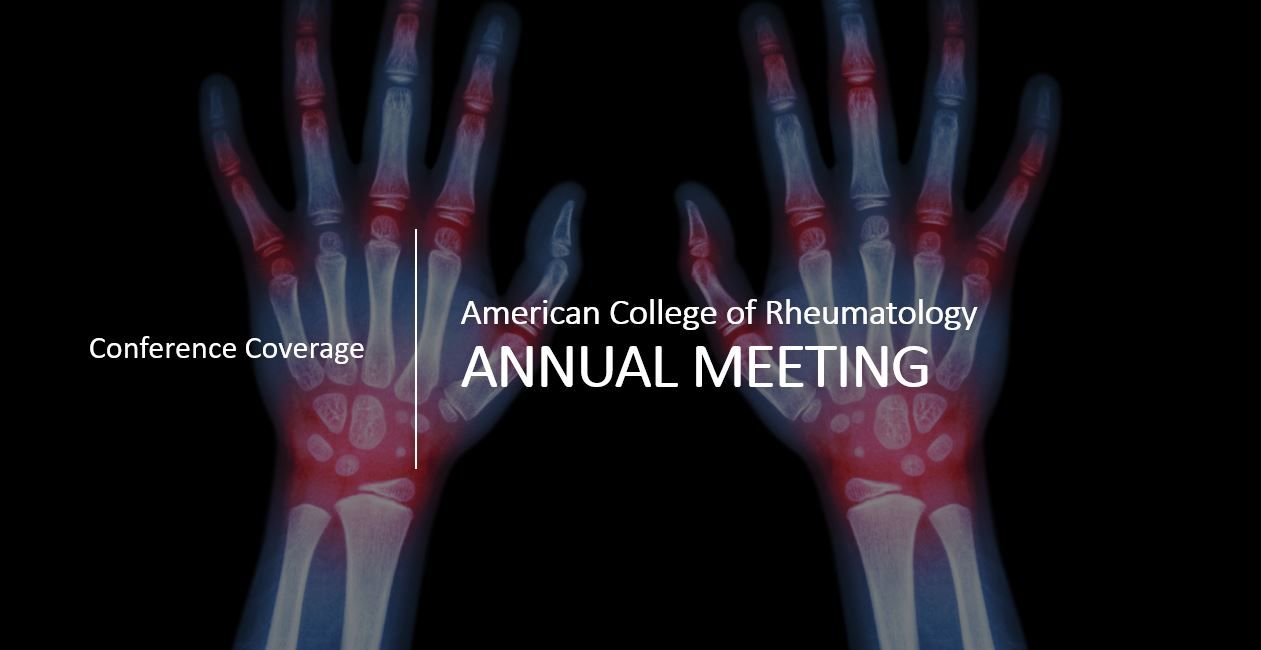Article
Abatacept for JIA Passes Long-term Safety Trial
Author(s):
In a study that examined the long-term effectiveness of intravenous and subcutaneous abatacept (Orencia, Bristol-Myers Squibb) in patients with juvenile idiopathic arthritis (JIA), the treatment was safe and well-tolerated with no new safety risks identified, according to researchers reporting at the annual meeting of the American College of Rheumatology on Saturday.
(©AdobeStock_StockDevil)

In a study that examined the long-term effectiveness of intravenous and subcutaneous abatacept (Orencia, Bristol-Myers Squibb) in patients with juvenile idiopathic arthritis (JIA), the treatment was safe and well-tolerated with no new safety risks identified, according to researchers reporting at the annual meeting of the American College of Rheumatology on Saturday.
Abatacept, a selective T-cell co-stimulation modulator approved for moderate to severe JIA and rheumatoid arthritis, has been shown to be effective and safe in previous phase three clinical trials. This real-world study included patients from clinical sites in a JIA registry who were currently taking or starting intravenous or subcutaneous abatacept.
The ongoing trial, with a planned follow-up duration of 10 years, is being led by Daniel J. Lovell, M.D., M.P.H., a professor of pediatrics at the University of Cincinnati School of Medicine. It enrolled 435 children (average age 13.6 years, 80 percent female). At baseline, the children, on average, had a JIA disease duration of 4.4 years and had been taking abatacept for 6.5 months.
Data were collected up to March 31, 2018. Effectiveness was assessed and safety data were collected at baseline, three months, six months, and then annually from one to five years.
At one-year, patients had low Physician Global Disease Activity of 1.2 versus 2.0 at baseline. The number of patients with clinically inactive disease at one year was 45 percent versus 32 percent at baseline. This trend continued despite low numbers of patients with four and five years of follow-up.
Juvenile Arthritis Multidimensional Assessment Report (JAMAR) scores also improved at one year. The JAMAR functional scale scores improved from 5.4 at baseline to 4.1 for the children, and from 6.1 to 3.8 for the parents. The JAMAR health-related quality of life scores improved from 7.2 at baseline to 5.2 for children, and from 7.2 to 5.3 for the parents. Joint assessments also improved, with the number of joints with active disease decreasing from 2.7 at baseline to 1.8 at one year.
Five serious infections were reported (incidence rate [IR] 0.66 /100 patient-years of follow-up, 95% CI: 0.22, 1.55; IR 0.79/100 patient-years on treatment, 95% CI: 0.26, 1.84). A total of 15 autoimmune events occurred in 14 patients. No malignancies or tuberculosis were reported, and there was one death that was due to a pre-existing cardiac problem.
“Abatacept continues to demonstrate an excellent safety record with very few serious adverse events and over 40 percent of the patients demonstrated clinical inactive disease with continued treatment,” Dr. Lovell said.
_____________
REFERENCE
ABSTRACT: 0713. “Longitudinal Effectiveness of Abatacept in JIA: Results from an Ongoing JIA Registry.” The annual meeting of the American College of Rheumatology. 11:00 AM, Saturday, Nov. 7, 2020.




